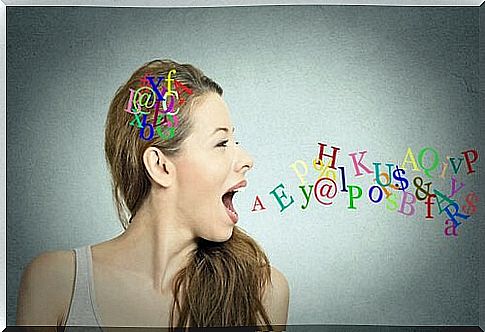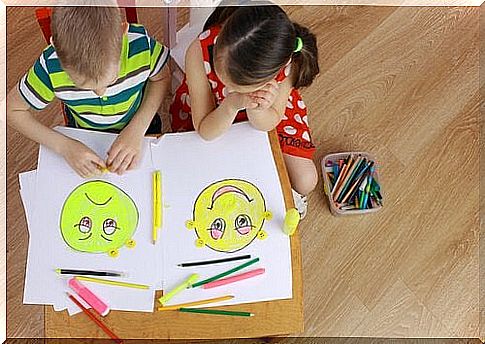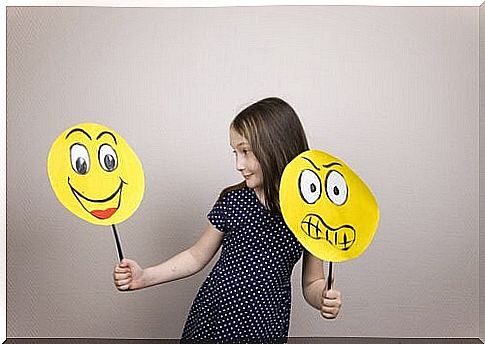Emotional Literacy: Recognizing, Understanding And Expressing Your Emotions

It ‘s not always easy to know what you’re feeling. Some of us may be better at it than others. Yet the emotional arena is still a complete mystery to all of us. That is why emotional literacy is so important.
No one ever taught us what emotions are. We never learned what emotions are for or how to recognize them. It’s not a subject to talk about at school. And in education it has never even been considered very important. Emotions are undetected for years. But little by little they are starting to get the attention they deserve.
We are not only social creatures but also emotional ones. This means that the way you process everything inside will determine how you feel. We will now take a more in-depth look at what emotional literacy is exactly.
What is Emotional Literacy?
The word literacy usually accompanies the process of teaching a person to read and write. These are the basic skills to teach. But it also appears that this topic has branched out in different directions. It depends on what you’re trying to teach. For example, there is informational, scientific and technological literacy.
One of the primary and most interesting challenges to our health and happiness is emotional literacy. It is the process of teaching about emotions. It starts at school.

Emotional literacy means that people learn what emotions are, what they serve and how to express them. It also means teaching people how to understand themselves and others on an emotional level. This is an educational challenge that more and more schools and kindergartens are addressing through emotional education programs.
Just a note: you can use the concepts of emotional literacy and emotional education as synonyms. It’s like two trains with different names but with the same destination.
Authors like Daniel Goleman and Rafael Bisquerra have sparked real interest in developing this concept. Goleman says that teaching character, moral development, and civic duties goes hand in hand with emotional literacy and the teaching of emotional intelligence.
Emotional literacy gives you the ability to deal with disruptive behavior, aggression, and conflict in your relationships. After all, a lack of emotional skills usually accompanies those kinds of problems. That’s why they’re probably less likely to occur if we educate people about emotions.
The Goals of Emotional Literacy
Emotional literacy goes beyond helping people discover the world of emotions. It also has some specific objectives:
- Recognize cases of bad emotional acting.
- Learning what emotions are and how to recognize them in other people.
- Learn to classify emotions.
- Regulating and processing emotional levels.
- Developing tolerance to the frustrations of everyday life.
- Preventing the use of addictive substances and other risky behaviors.
- Developing resilience
- Taking a positive attitude towards life.
- Prevent interpersonal conflicts.
There are also authors who point to other objectives. Children learn empathy, emotional self-control, and delaying gratification. These are all positive behaviors that play a role not only for your own well-being. They also play a role for the well-being of other people.

The Benefits of Emotional Literacy
Understanding our emotions better makes us smarter so we can be happier. This is the kind of total intelligence that isn’t just about cognitive stuff. So it absolutely must contain emotional and behavioral parts as well.
What we mean is that it’s not just important to look at what you’re feeling. It is also important that you look at how it expresses itself. You also need to consider how to process the information your emotions send you. Ultimately, the way you process them will play a role in your mental health.
Not only children benefit from this teaching and learning process. Teachers and the entire educational community also benefit from teaching this subject. Even parents can benefit from this when they work with their children about what they have learned in the classroom.
Emotional literacy is a huge challenge. But that also means it’s a great opportunity. It is a valuable way to get to know yourself and others. It is a moment of awakening that is absolutely worth it.









